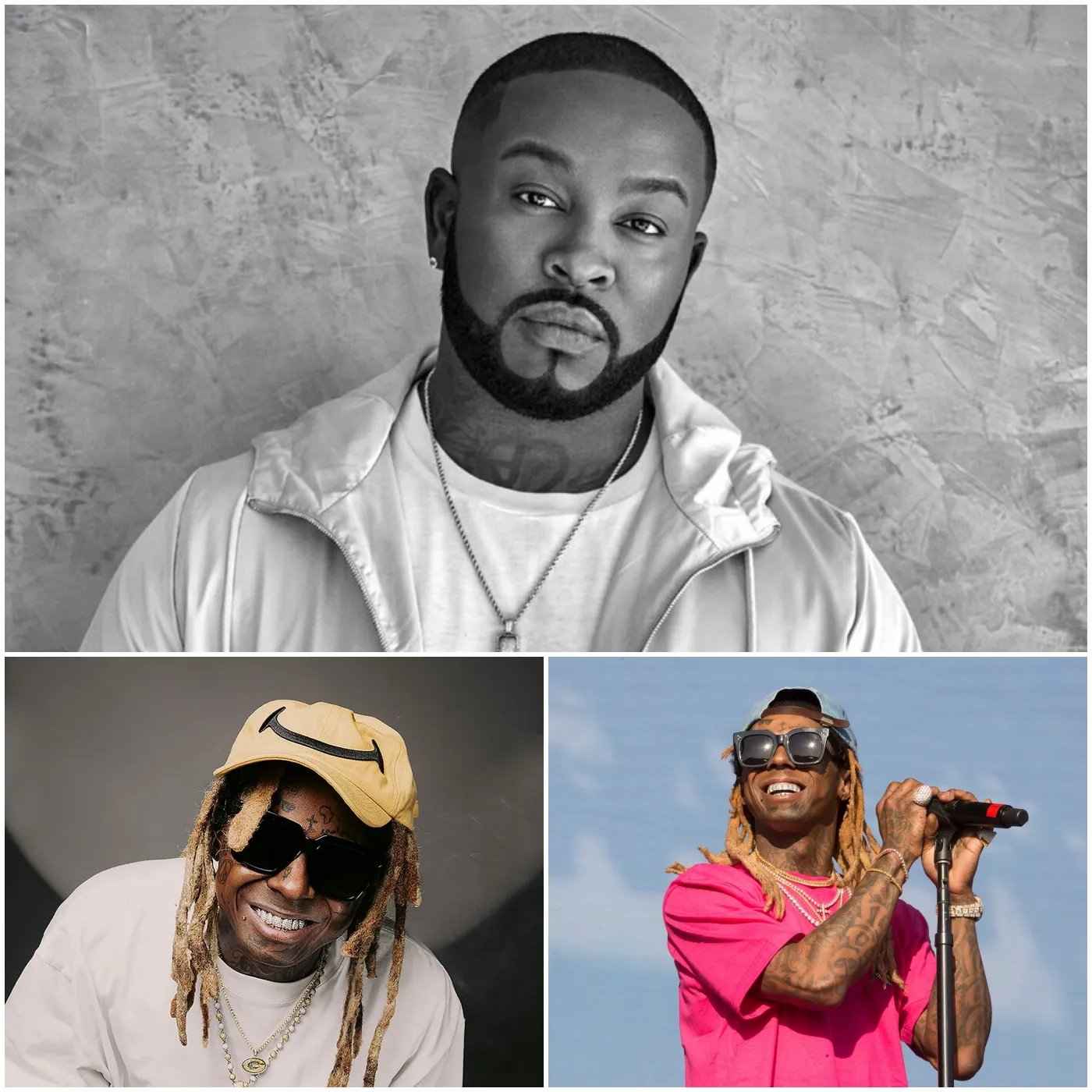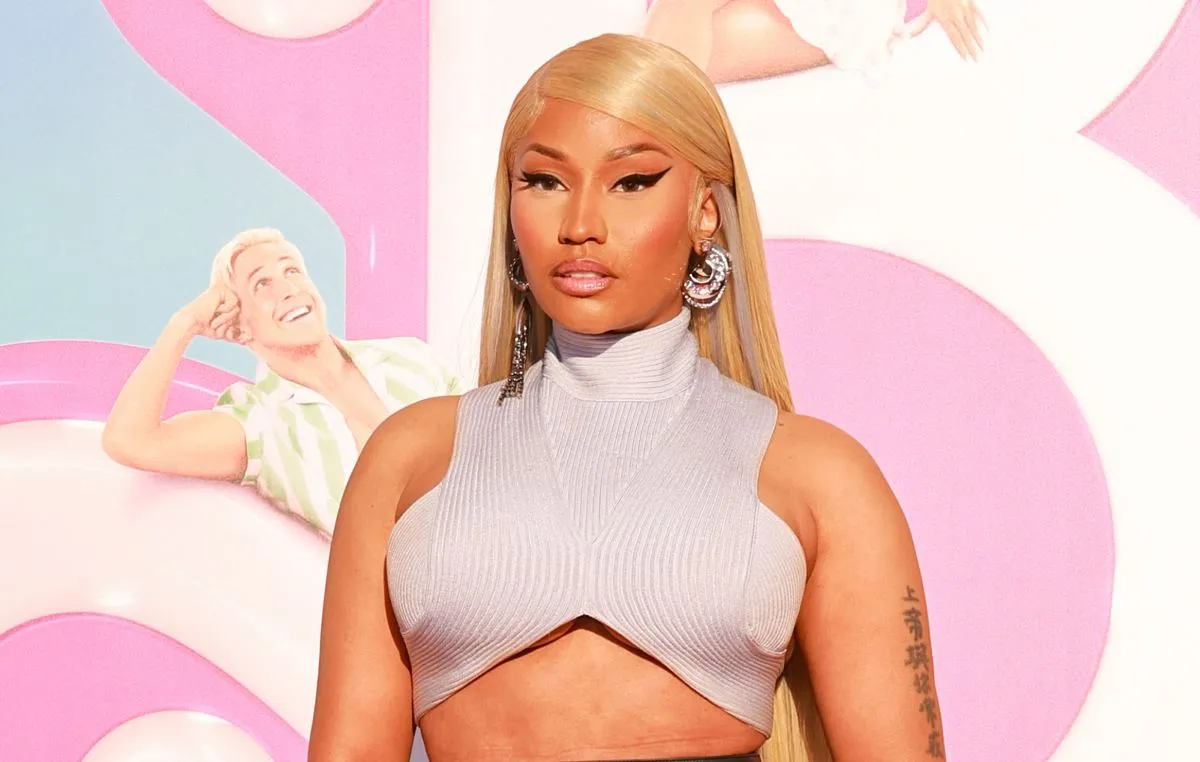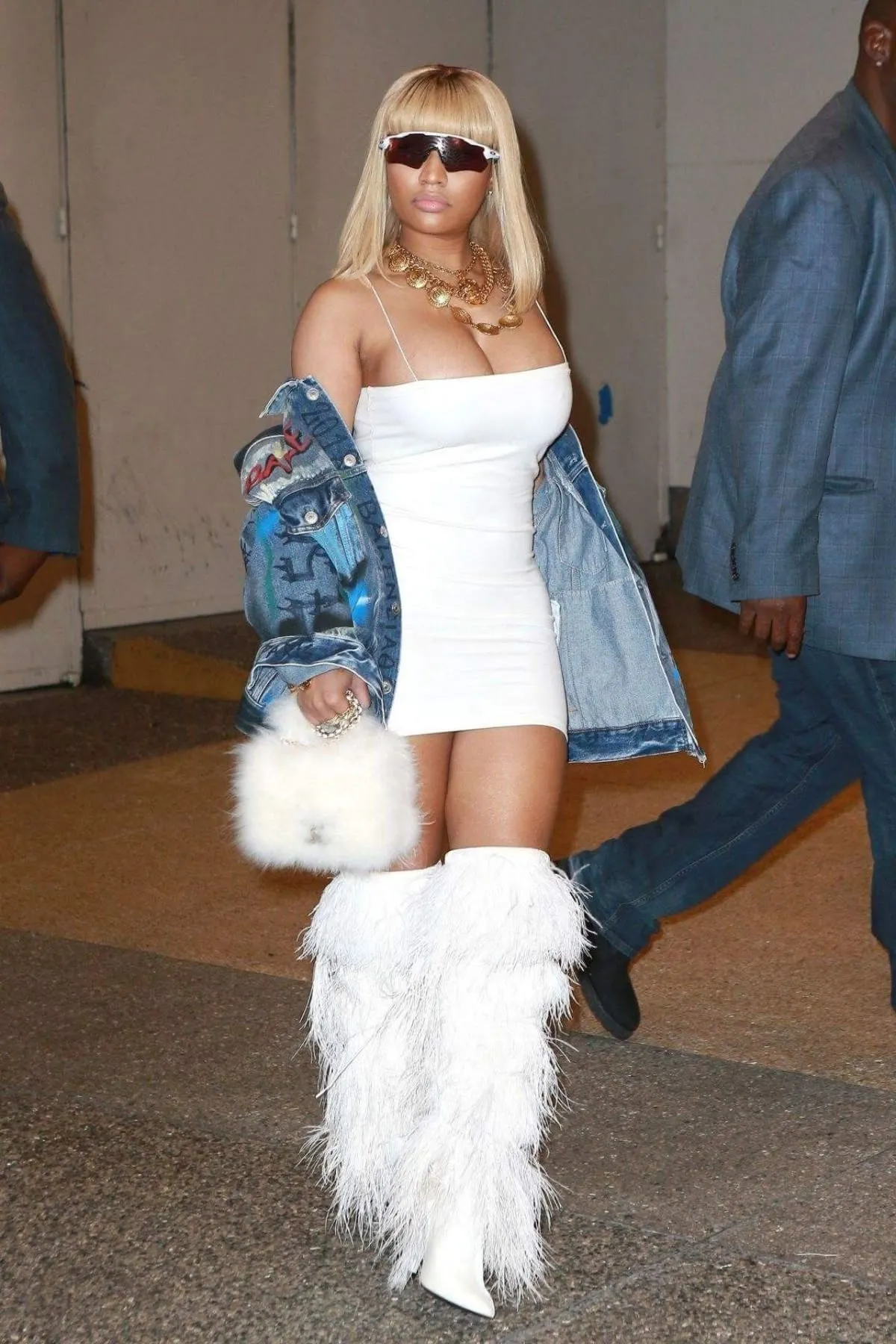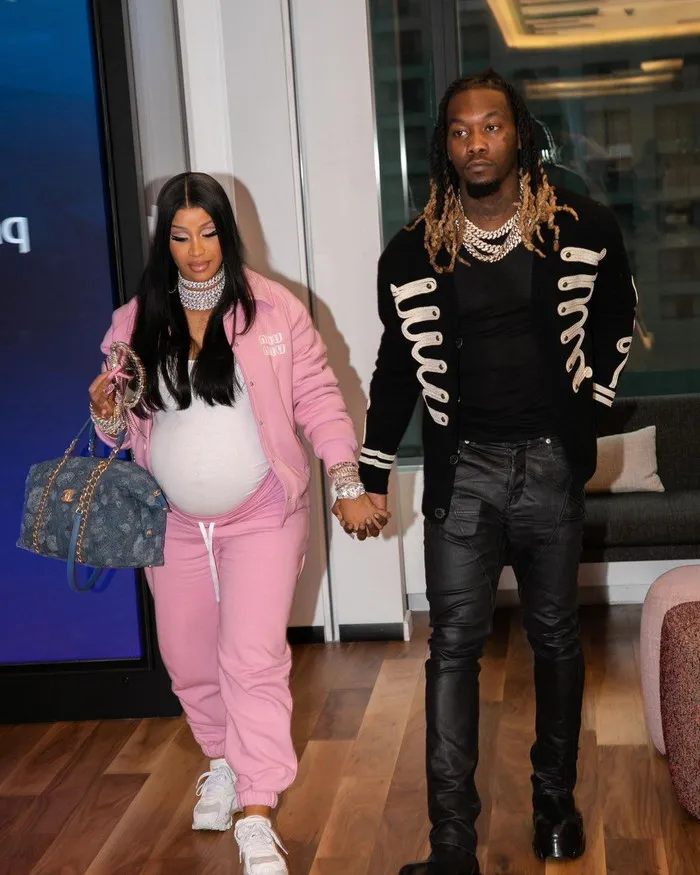

Did Pleasure P Write Lil Wayne’s “Lollipop”?
A seismic revelation shook the music industry: the authorship of Lil Wayne’s 2008 chart-topping single, “Lollipop,”has come under dispute. Pleasure P, formerly of the iconic R&B group Pretty Ricky, made a bold claim that he was the true author behind the hit. This assertion cast a shadow over one of the most defining tracks of Lil Wayne’s Tha Carter III era, sparking widespread controversy and debate.
Pleasure P’s Shocking Allegation
Pleasure P took to Instagram Live to share his version of events, with “Lollipop” playing in the background. In his candid confession, he alleged that he and Static Major wrote the song long before his debut album was released. “I wrote this song with Static, and Wayne recorded it, but I’ve never been credited,” he claimed, adding, “I’m happy for Wayne’s success, but I deserve my recognition.”
In his emotionally charged statement, Pleasure P noted the song’s monumental achievement: “I’m part of his biggest record, one that sold 1.3 million copies in its first week. Yet, I’ve never been able to celebrate that success.” His call for acknowledgment carried an undertone of frustration and a desire for justice: “Just give me my due, bro.”
The Internet Reacts
Pleasure P’s declaration set social media ablaze. The online community quickly polarized, with many expressing skepticism and others siding with the singer.
Criticism and Doubts
- One user questioned his approach: “Why air this publicly? Wouldn’t it have been better to approach Wayne’s teamprivately?”
- Another criticized the timing, asking why Pleasure P waited over a decade to make his claim.
Support and Industry Insights
However, others were more sympathetic. One comment highlighted systemic issues within the industry:
“Many songwriters don’t get the recognition they deserve. Birdman controlled Wayne’s music back thenand has a reputation for not compensating artists fairly. This could be true.”
Another supporter added:
“It’s not a complicated song, and it does stand out from Wayne’s usual style. This makes Pleasure P’s claim plausible.”
Lil Wayne’s Perspective Amidst the Controversy
While “Lollipop” faced public scrutiny, Lil Wayne addressed a separate matter involving Kendrick Lamar. In an interview with Skip Bayless, Wayne reacted to Lamar’s recent lyrical reference to him.
Wayne showed no animosity, saying:
“I’ve spoken with Kendrick, wished him the best, and encouraged him to deliver a knockout performanceat the Super Bowl.”
He went on to describe their mutual respect, which was evident in their collaboration on “Mona Lisa” from Tha Carter V. “I believe Kendrick’s verse was just an acknowledgment of what everyone saw in that moment,” Wayne noted, referring to his historic career and its milestones.
The Legacy of “Lollipop”
“Lollipop” remains one of Lil Wayne’s most iconic tracks, achieving commercial success and earning a Grammy Award for Best Rap Song. However, the unresolved authorship controversy now clouds its legacy. Pleasure P’s claim, if validated, would significantly alter the narrative surrounding this record.

This case highlights the broader issue of songwriter recognition in the music industry. Many creatives, especially those lacking insider knowledge or resources, often go uncredited for their work. The truth behind Pleasure P’s claims will require further investigation, but his allegations have already reopened a crucial conversation about fairness in the music business.
An Unresolved Mystery
As the debate continues, one thing is clear: “Lollipop” is more than just a song—it’s a cultural moment that defined an era of hip-hop. Whether or not Pleasure P’s assertions are proven, the song’s impact on Lil Wayne’s career and the industry remains undeniable.
For now, the question of who truly wrote “Lollipop” lingers, leaving fans and critics eager for answers. Meanwhile, Wayne’s relationship with fellow artists like Kendrick Lamar offers a refreshing contrast, showcasing mutual respect and collaboration in a field often marked by disputes.


















